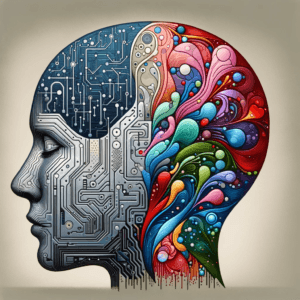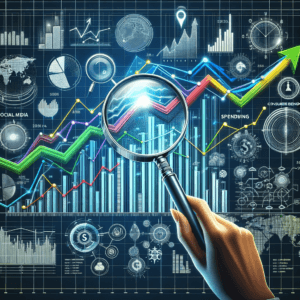1 Statement to Master Decision-Making: Embracing Logic and Emotion
Jul 22, 2024
Introduction: The Logic of Life
In a world swirling with uncertainties, how do we master decision-making that leads us to the life we dream of? The key might just lie in a concept we usually associate with computers - Programming Mind Decision Making. Like a programmer uses 'If Else' logic to guide a computer's actions, we can use the same principle to navigate our lives. Think about it: life, in many ways, operates like complex software. It's full of variables and conditions that require us to constantly evaluate and decide our next move.
But there's a twist in our story – we're not emotionless machines. Our decisions are tinted with feelings, hopes, and fears. This is where the magic happens: blending the clear-cut logic of 'If Else' with the rich hues of our human emotions. It's about using the head and the heart in harmony.
Computers vs. Humans: Emotion and Logic in Decision-Making
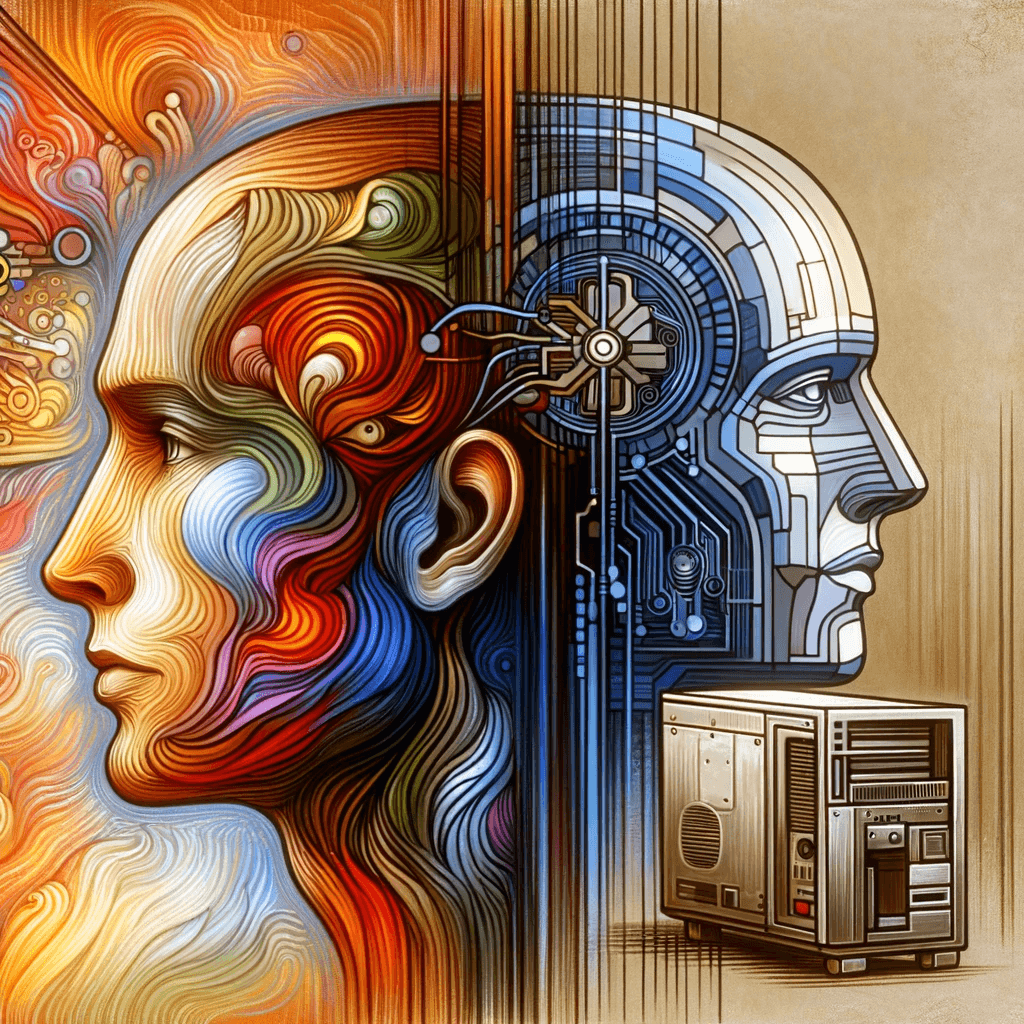
1. Understanding If Else Logic in Life
Computers, by leveraging the if-else logic principle, operate on a straightforward decision-making process. It's binary, with clear 'If this, then that' scenarios. But can we apply this to our lives? Absolutely! We can use this logic to streamline our decision-making. For instance:
If you crack the interview, celebrate and work hard; else, keep applying for new jobs.
If you're feeling overwhelmed, take a break; else, keep pushing forward.
2. The Emotional Challenge in Human Decisions
Humans, unlike computers, are wired with emotions. This makes our decision-making process more complex. As we are with our emotional intelligence making life choices, we need to understand and manage our emotions to make wise decisions. Remember what Aristotle said, "Knowing yourself is the beginning of all wisdom." Our decisions are often a dance between logic and emotion:
We feel excited about a new opportunity but logically assess its feasibility.
We experience fear of failure but rationally evaluate the potential for growth.
Emotions add depth to our decisions, making them uniquely human. It's not just about the outcome; it's about the journey and the feelings that come with it.
The Balance of Rational and Emotional Thinking
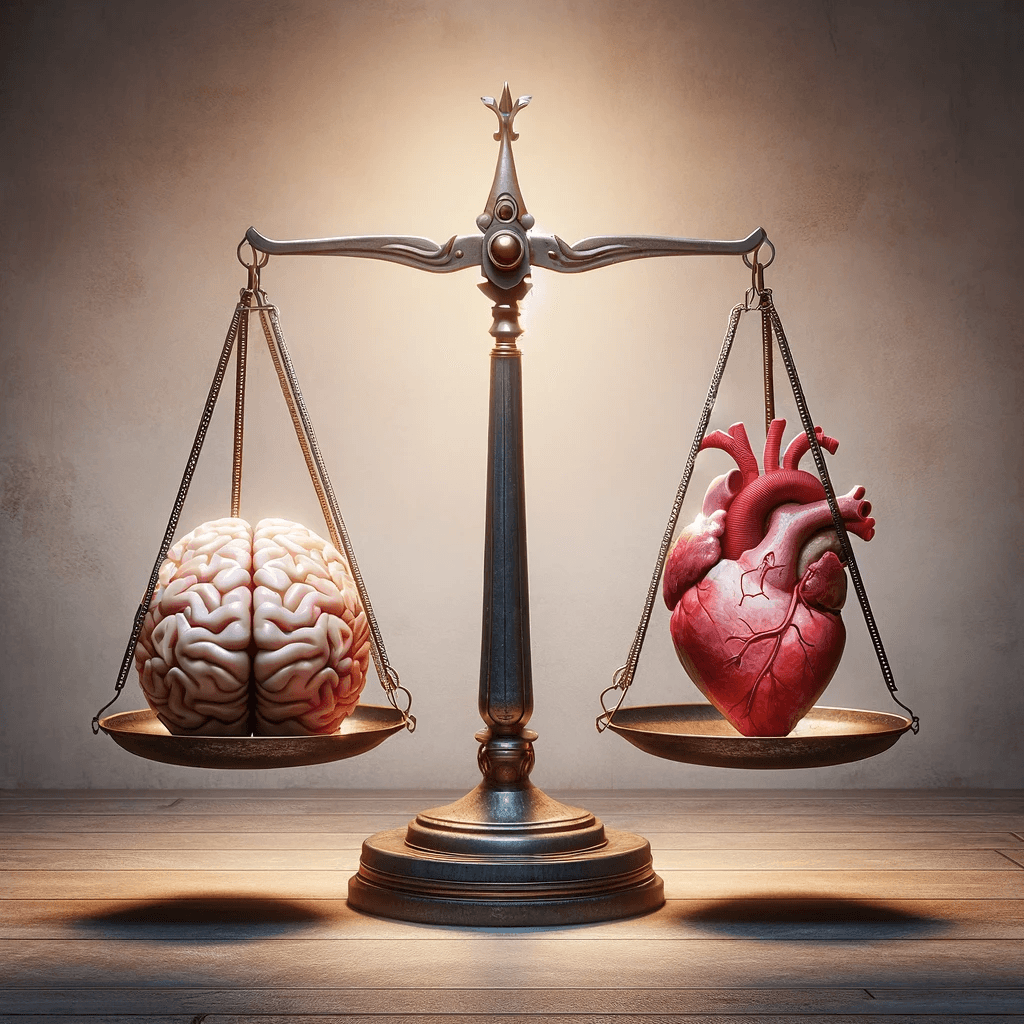
Finding the sweet spot between rationality and emotion in decision-making is like walking a tightrope. The Harvard Business Review article, "How to Make Rational Decisions in the Face of Uncertainty", offers a structured approach that can be incredibly helpful. Here's how we can apply it in everyday life:
Understanding Data Types:
Recognize whether the information at hand is noteworthy, context-specific, or forms a pattern.
For instance, if you're considering a job change, identify if your decision is influenced by recent events, the specific context of your current job, or a recurring pattern in your career choices.
2. Managing Cognitive Biases:
Be mindful of biases like overweighing new information or assuming patterns predict the future.
Ask yourself: Am I overvaluing recent experiences? Am I interpreting this situation based on past contexts?
3. Inverting the Problem:
Focus on what's essential for the decision.
If you're debating whether to start a business, consider what you need to know most, like market demand or financial stability.
4. Formulating Right Questions:
Categorize your questions to cover behavior, opinion, feeling, and knowledge.
When facing a difficult choice, ask questions like: What will this action lead to? How do I feel about it? What do others think? What do I need to know more about?
This framework helps navigate life's uncertainties with rational thinking by merging logical analysis with emotional understanding. By doing so, you can make decisions that are not only smart but also resonate with your values and feelings.
Applying If Else Logic in Personal Growth
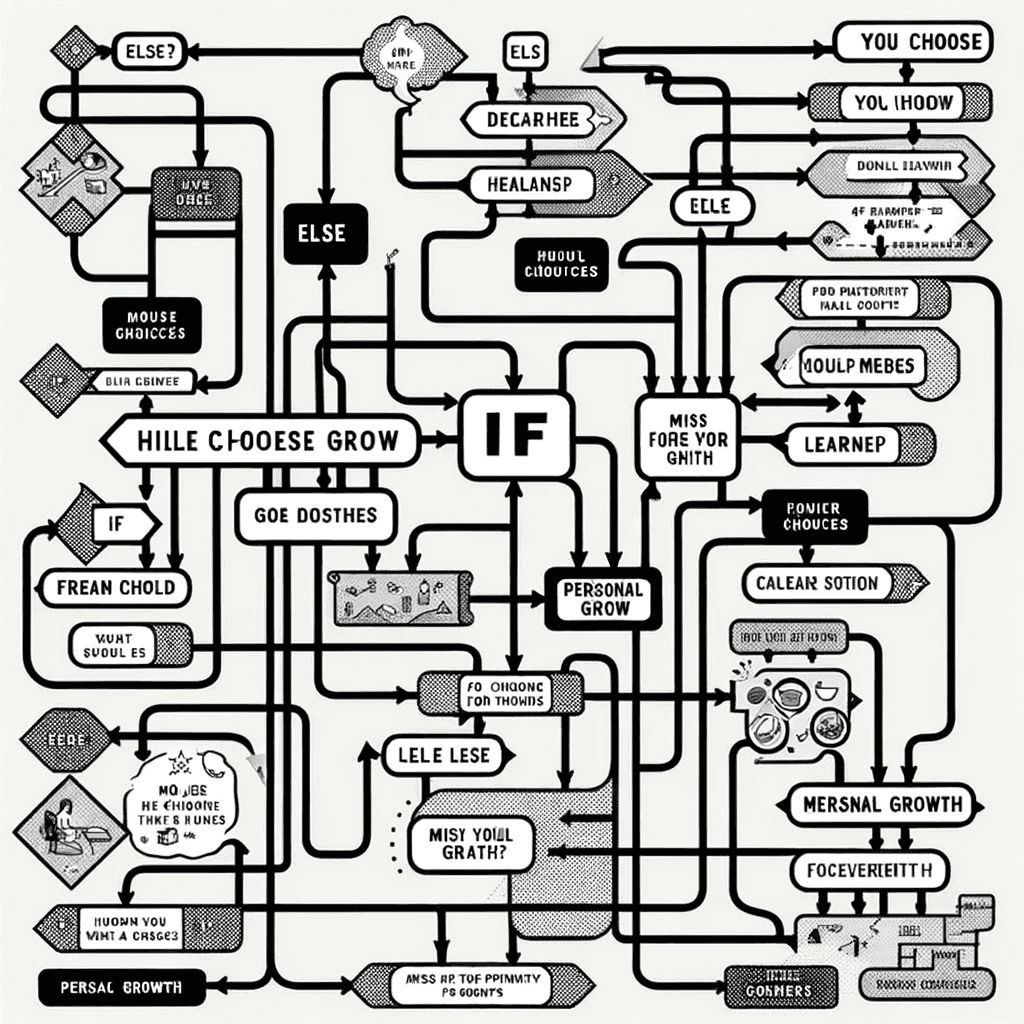
Programming the mind for better decision-making can be transformative in our lives. Just like a programmer uses 'If Else' logic to guide a computer, we can apply this concept to our personal growth. Here’s how to put it into action:
Define Your Ifs and Elses:
Identify scenarios where you need to make decisions. For each scenario, create an 'If' and an 'Else' statement.
Example: If I feel stressed at work (If), I will take a short break or meditate (Else).
Prepare for Different Outcomes:
Acknowledge that outcomes can vary. Have a plan for each possibility.
Example: If my project is successful (If), I will aim for more challenging tasks (Else, I'll analyze what can be improved).
Detach from Emotional Outcomes:
Like a computer, focus on actions rather than getting emotionally attached to outcomes.
As Steve Jobs wisely said, “Don’t let the noise of others’ opinions drown out your own inner voice.”
Continuously Update Your Logic:
Just as software needs updates, revise your 'If Else' statements based on new experiences and insights.
Example: If I find a new hobby enjoyable (If), I will dedicate more time to it (Else, explore other options).
By solving life uncertainties with 'If Else' logic, you can approach life's choices with clarity and adaptability. It empowers you to respond to situations thoughtfully, balancing emotion with reason.
Case Study: A Personal Experience with Rational Decision-Making

Let’s explore a real-life scenario from my life. In 2020, I was facing a major life decision. I was at a crossroads: either go abroad for higher studies and pursue my passion for photography and marketing, or stay in my hometown with a comfortable job but limited scope for my passion.
Here’s how I applied Rational Emotional Decision Making:
Listing Pros and Cons:
Going Abroad: Opportunity for growth, explore passions, but face financial strain and uncertainty.
Staying Home: Job security, and family support, but limited personal growth and unfulfilled passions.
Evaluating Outcomes with If Else Logic:
If going abroad, I could gain international exposure but risk financial instability.
If staying home, I would have stability but might regret not pursuing my passions.
Balancing Rationality and Emotion:
I acknowledged my emotional desire to explore and grow but also considered the rational aspect of financial and job security.
In the end, I chose to go to Canada. I realized that the potential for personal growth and pursuing my passions outweighed the comfort of staying home. It was a decision shaped not by fear or comfort, but by a balanced view of what each path offered for my future.
Conclusion: Mastering Decision-Making with Logic and Emotion
In our journey through life's maze, mastering the art of decision-making is key. It's about striking a balance between the clear-headed logic of a computer and the rich, nuanced emotions of our human experience. We've seen how applying rational emotional decision-making can transform not only the choices we make but also how we feel about them.
Remember, life isn't about choosing one over the other; it's about harmonizing the two. Logic gives us direction, while emotions add depth and meaning. By integrating both, we can make decisions that are not only wise but also fulfilling.
As we wrap up, let's ponder over the words of Blaise Pascal, "The heart has its reasons which reason knows not of." This reminds us that our best decisions are those that resonate with both our minds and hearts.
